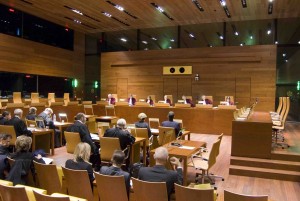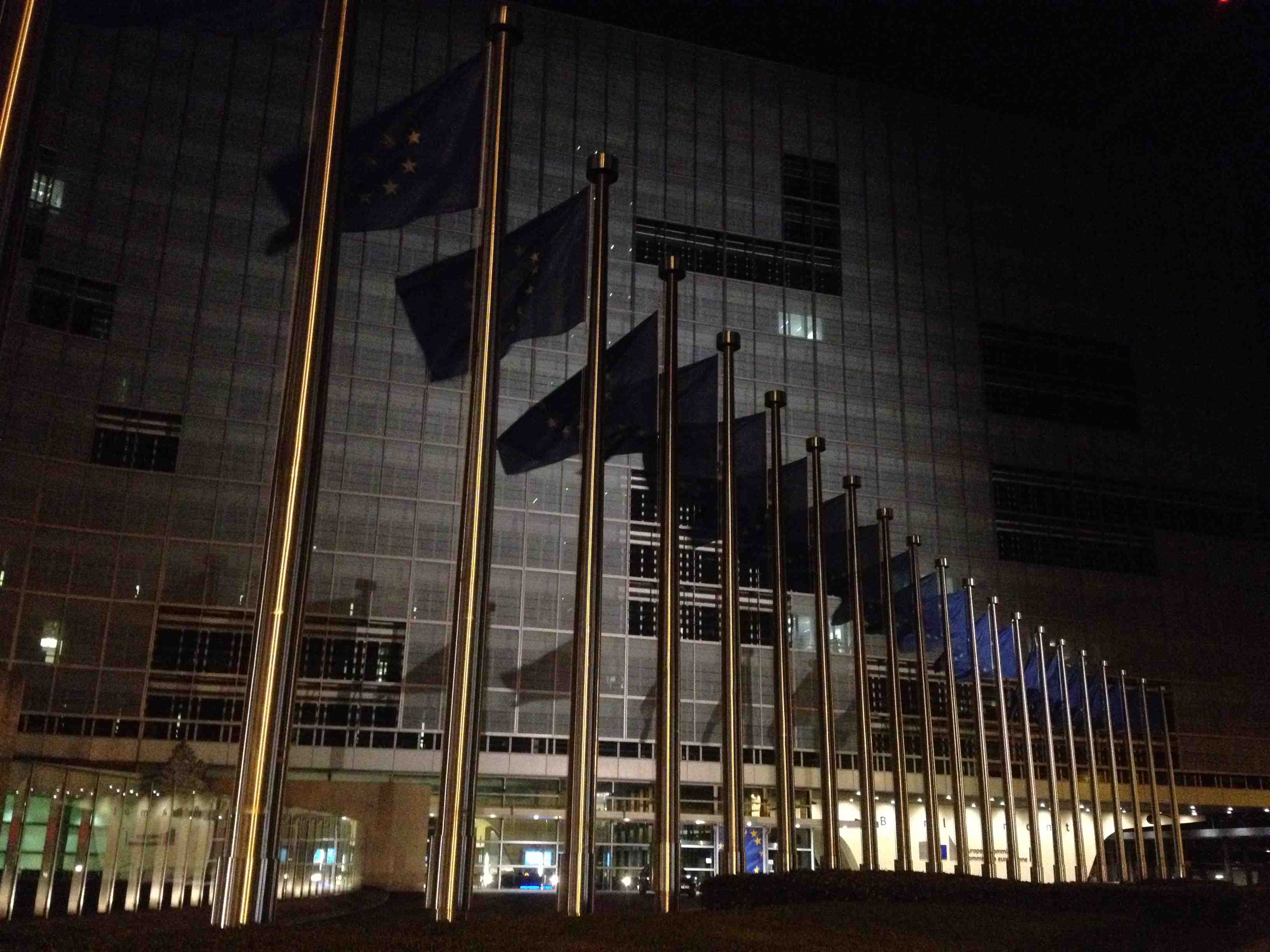Anti-terrorist list. Former registrants can challenge the decision
 (BRUSSELS2) The Grand Chamber of the Court of Justice of the European Union delivered a judgment of principle today (28 May) in Luxembourg in the case Abdulrahim (C-239/12P). We highly recommend reading it. Because its consequences can be important for the sanctions policy of the European Union. NB: This is a pfirst hot read. This article will be completed soon (sign "MAJ" in the title).
(BRUSSELS2) The Grand Chamber of the Court of Justice of the European Union delivered a judgment of principle today (28 May) in Luxembourg in the case Abdulrahim (C-239/12P). We highly recommend reading it. Because its consequences can be important for the sanctions policy of the European Union. NB: This is a pfirst hot read. This article will be completed soon (sign "MAJ" in the title).
Facts
Abdulrahim, a Briton living in London, had been registered in 2008 on the anti-terrorist list of the UN (Afghanistan - Taliban) then on that of the EU. Before being struck off two years later. It had still taken a year for the European Court of First Instance, which had been seized, to dismiss the case and dismiss the plaintiff, considering that he no longer had any interest in acting.
decision
The supreme authority of the EU contradicts this decision. " A person who has been the subject of a fund-freezing measure retains an interest in having it annulled by European justice, even if it has been repealed during the proceedings explains the Court. Because even if the act was repealed, " the acknowledgment of illegality may constitute a form of reparation for the moral prejudice suffered”. The judgment of the court is therefore quashed. And the Court sends the case back to the Tribunal so that the person concerned can be retried.
The judges' argument
For the Court, a distinction must be made between the repeal of an act (which does not imply the retroactive recognition of its illegality) and its annulment (by virtue of which the act is retroactively eliminated from the legal order and is deemed not to ever existed). In the present case, the act was only repealed and not annulled.
The person concerned by an act retains an interest in having it canceled on two counts; individual, to obtain a restoration of his situation, and to introduce a possible action for liability; but also collective to induce the author of the contested act to make the appropriate changes in the future and thus avoid the risk of repetition of the illegality ».
However, restrictive measures have “ concrete negative consequences on the rights and freedoms of the persons concerned: the freezing of funds upsets their professional and family life and hinders their freedom to conclude legal acts “Estimates the judgment. Moreover, they cause social stigma and mistrust ».
“The extent of the damage to his reputation cannot be disputed. Mr. Abdulrahim therefore has “a cause of action” to seek the annulment of the settlement.
First lessons from this judgment
This judgment which has just fallen is interesting in more ways than one. And it should be read carefully. Because it does not only have a scope of principle, for legal purists. It also has concrete consequences for the European institutions.
On the one hand, it now authorizes people removed from a blacklist to challenge their registration in court with the aim of obtaining its cancellation. This opens a new path in an already busy litigation.
Then, we will have to define criteria for this cancellation. For, as the Court points out, the object of annulment is to eliminate the incrimination entirely.
Finally, it could open up for the injured parties, once the cancellation in court has been obtained, an action for liability, and therefore for compensation. Which could in the case of wealthy people or companies turn out to be (very) expensive for the European budget...
NB: We can only deplore the slowness of European justice. It took all the same a year for the court, by an order, to consider that there was no need to rule. If this question was so simple, weren't a few weeks enough.
(Nicolas Gros-Verheyde)
download theStop. And (on the Court's website) the conclusions
• Abdulbasit Abdulrahim, a British citizen living in London, had been listed on 21 October 2008 by the United Nations Security Council Sanctions Committee on the situation in Afghanistan in 1999 for having participated in activities to raise funds for the account of the Libyan Islamic Fighting Group (LIFG) and having held high positions within it. He was then registered, on December 22, 2008, on the "black" list of the European Union containing "Osama bin Laden" and others. Its funds have been frozen.
He challenged this decision in particular before the European Court of First Instance on April 15, 2009, denying any link with Al Qaeda and considering the measure more intended to please Colonel Gaddafi, while a rapprochement between Libya and the United Kingdom was taking shape. United (read the Telegraph). His name was removed from the UN list on December 22, 2010 and from the EU list on January 18, 2011. The court then issued a dismissal order on February 28, 2012. The person concerned then seized the Court. " While part of the Afghan LIFG group joined Al-Qaeda in 2007, not all members of the group did," said thus pleaded Abdulrahim before the Court. Adding " (I) ceased to be involved in this group from 2001 ».
• The LIFG or Al-Jama'a al-Islamiyyah al-Muqatilah bi-Libya is a group created in 1985 which fought the Soviets in Afghanistan and above all firmly opposed to Colonel Gaddafi. It is led by the Libyan Abdelhakim Belhadj who distinguished himself during the fall of the Libyan regime and then became a member of the Tripoli military council before retiring in August 2011 to enter politics. He had been placed on the British anti-terror lists in October 2005.
